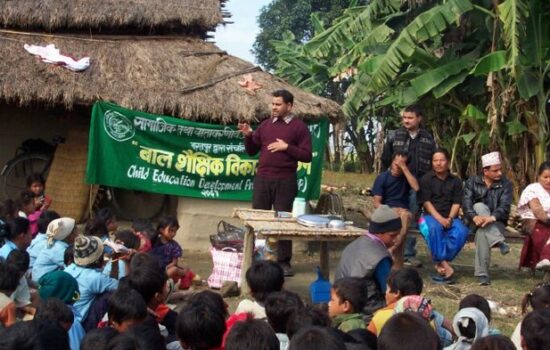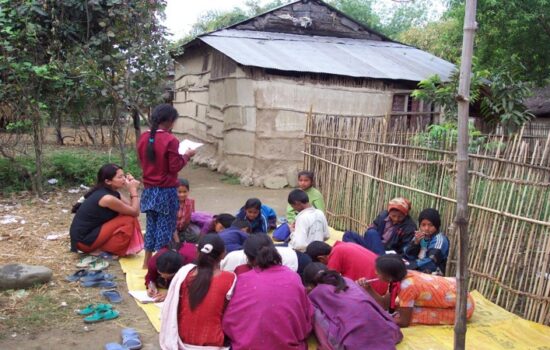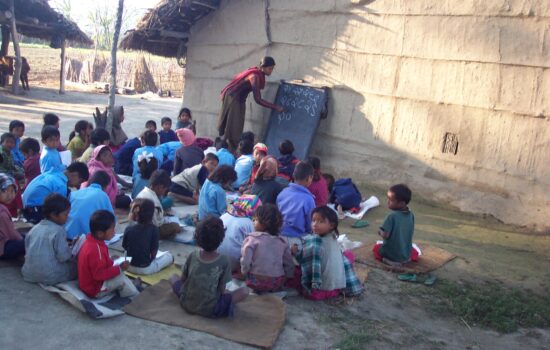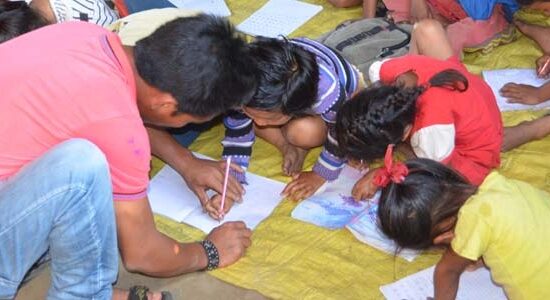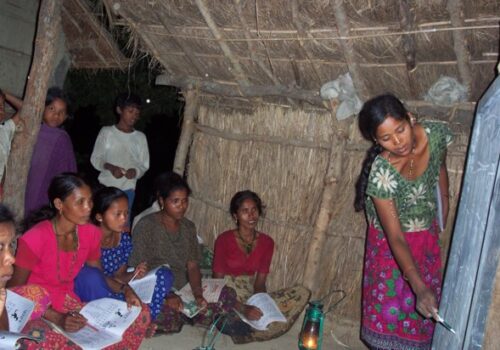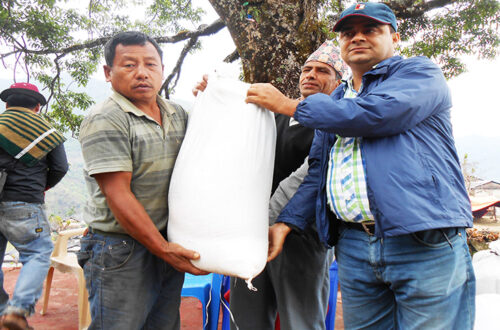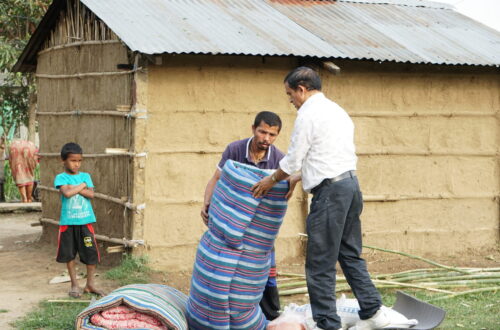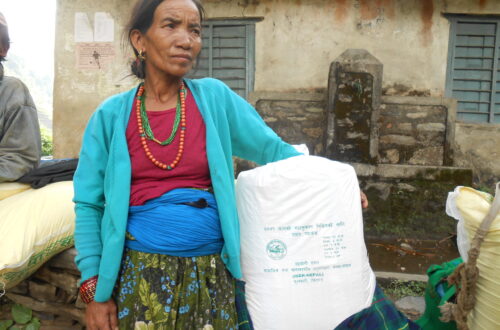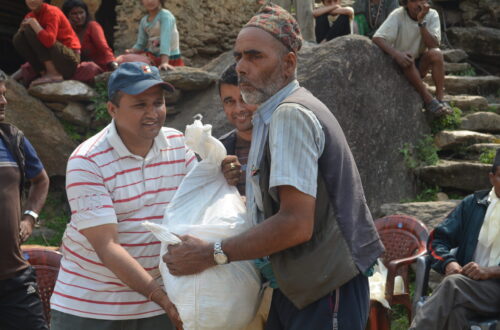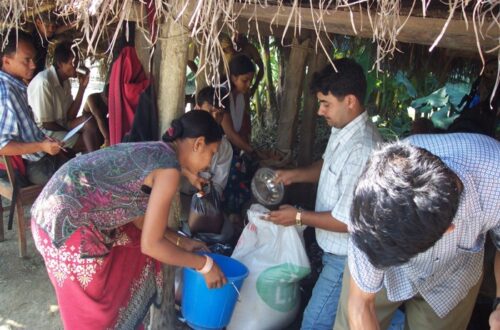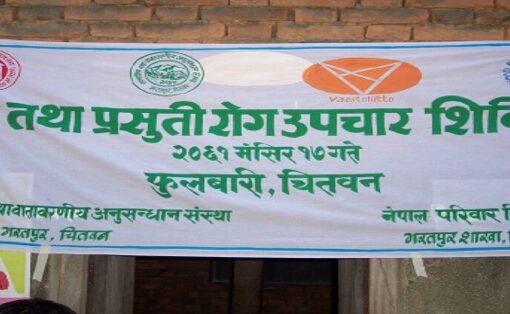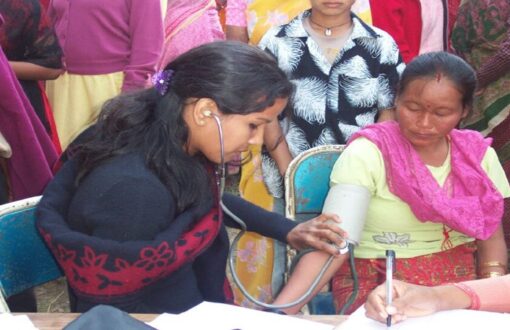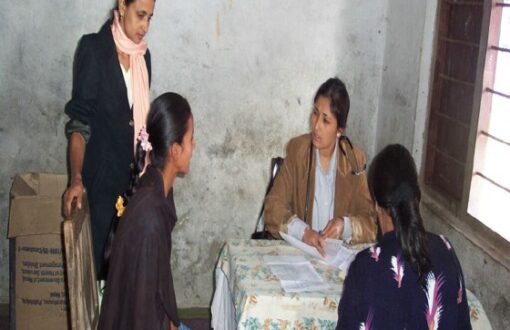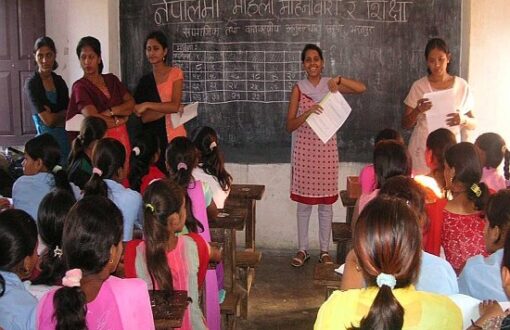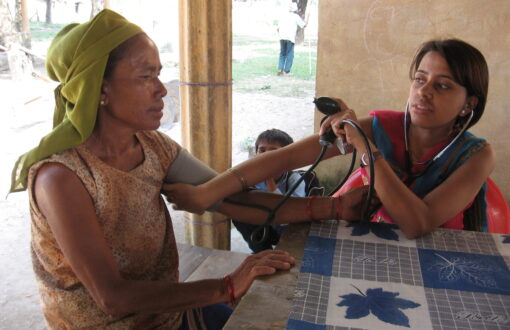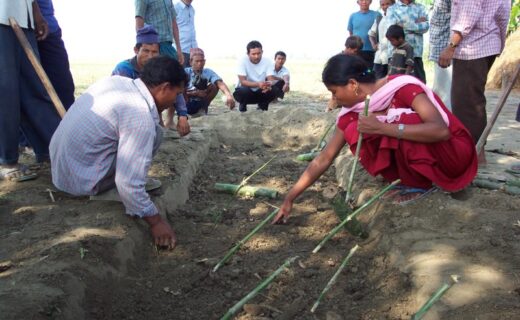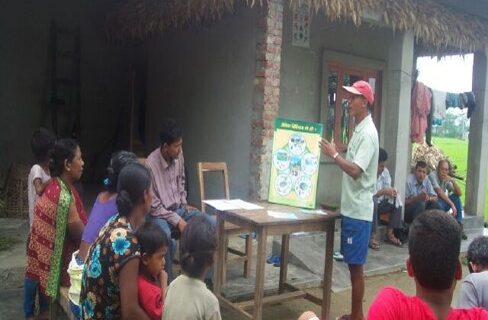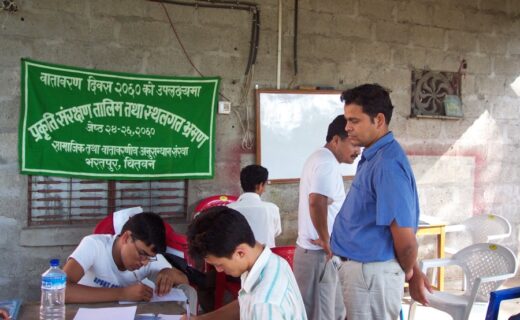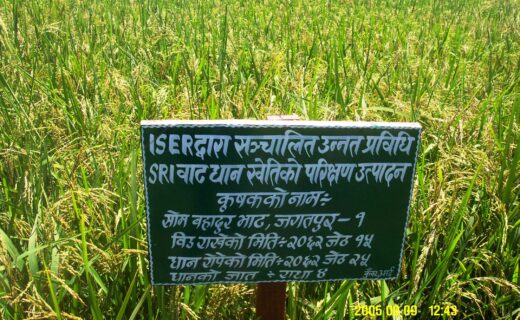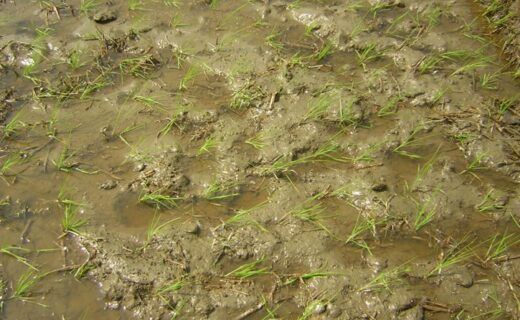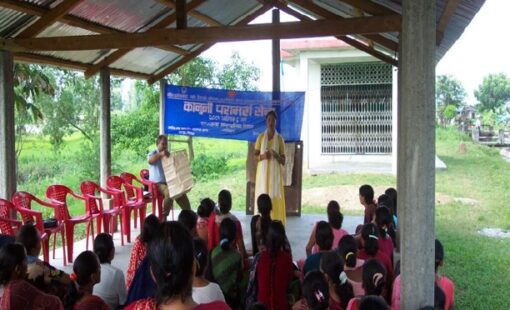Based on research findings and experiences and the needs of the local communities, ISER-N implements a small set of selective policy advocacy and development programs to help improve the socio-economic wellbeing and environmental conditions of the local communities.
Child Education
Research findings revealed that lack of parental guidance and support to complete homework is the main reason for school drop-outs and are higher among ethnic minority children. To address this problem, the institute has designed and has been running a Child Education Program explicitly targeting the children of ethnic minority communities in western Chitwan. Awareness programs are run for parents and an after-school education program for children along with provision of educational materials free of cost.
Adult Education
With the financial and technical assistance of the District Education Office, Bharatpur, the institute has been conducting adult literacy classes for Dalit and Janajati communities, particularly in areas that are least served by development activities. To run these programs, ISER-N partners with local organizations.
Emergency Relief
In case of emergency situations, such as earthquakes, fires, and floods, ISER-N partners with other organizations to facilitate relief work and provides some immediate relief supplies: food, clean and safe drinking water, and medicines. At the same time, ISER-N provides several awareness programs on environmental sanitation, clean and safe drinking water, and communicable diseases in the affected areas.
Women’s Reproductive Health Check-up Camp
In collaboration with the district-level line agencies, particularly the Nepal Family Planning Association, ISER-N regularly runs women’s reproductive health camps at different sites in western Chitwan. The aims of these camps are to provide information about women’s reproductive health, and to conduct general reproductive health check-ups by the health practitioners and gynecologists. These camps have directly benefited women as well as researchers.
Soil Conservation and Bio-Engineering
In order to protect the local environment from further deterioration, the institute encourages the use of locally available, low-cost, environmentally friendly soil conservation and bio-engineering technologies. With this goal, ISER-N has initiated several conservation programs including the plantation of Vetivar, Amriso, and bamboo for river bank protection. To produce a large number of bamboo seedlings, the institute introduced the single-node bamboo propagation technology in the area and encouraged local communities to plant these seedlings along the Narayani River. This program has been highly successful in protecting the edge-cutting by river and is well received by the local communities.
Agricultural Extension Program
The programs on agricultural extension are designed to disseminate new low-cost appropriate agricultural technology to help farmers increase crop production. The institute introduced advanced, high-yielding, rice farming technology called the System of Rice Intensification (SRI) among farmers of western Chitwan by training and encouraging farmers. With the aim of familiarizing the farmers with this technology, the institute supported a small number of demonstrations in the area. The demonstrations were highly successful and were visited by farmers from other areas of western Chitwan. The visitors were highly impressed and expressed their motivation to adopt this innovative technology.

